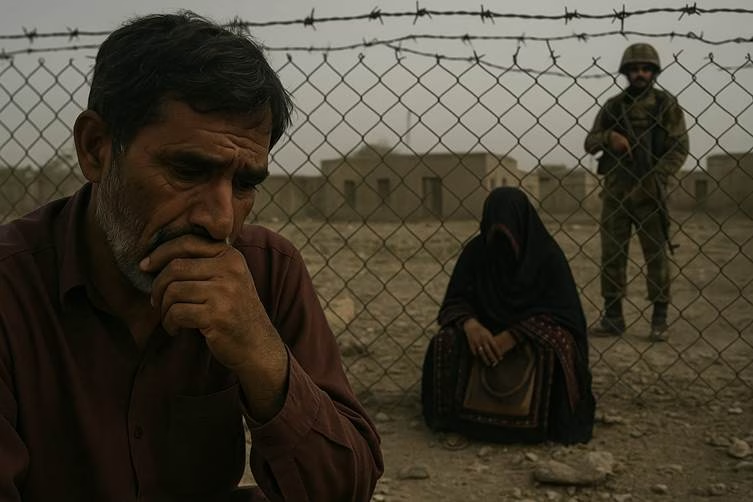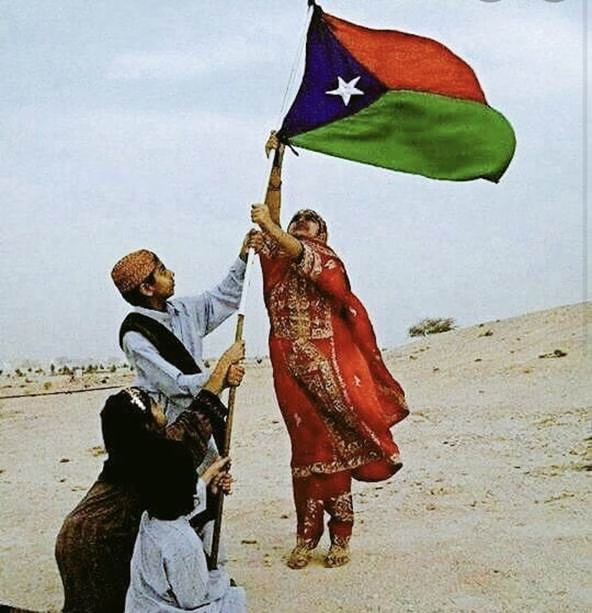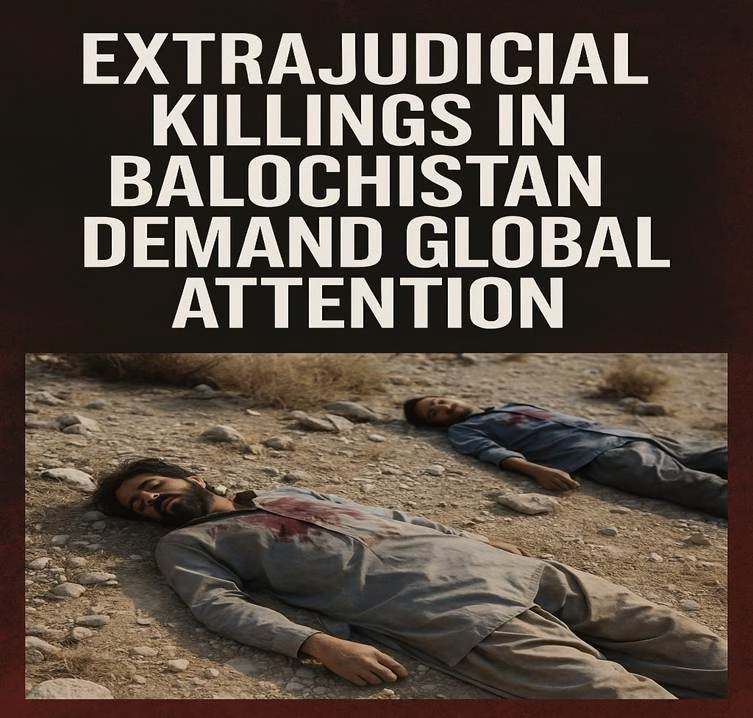
In the shadow of Pakistan’s grand national narratives lies a bruised and bleeding province—Balochistan. Despite being the country’s largest and most resource-rich region, it remains one of the most underdeveloped and oppressed. Its people live not under the rule of law, but under the heel of a military boot. From extrajudicial killings to enforced disappearances, Balochistan represents a decades-long human rights catastrophe that the world has refused to acknowledge—and one that carries serious implications for regional security, especially for India.
A History of Betrayal
Balochistan’s modern tragedy began in 1948, when Pakistan forcibly annexed the sovereign princely state of Kalat, violating earlier agreements of autonomy. Since then, five major insurgencies have erupted as Baloch nationalists demanded self-determination, greater control over their resources, and political rights. Each time, the state has responded not with dialogue, but with brute force—deploying military operations, razing villages, and silencing dissent.

The Baloch people have never been integrated into Pakistan’s national fabric. Despite contributing vast mineral wealth—including natural gas, coal, gold, and uranium—Balochistan receives minimal economic returns. It contributes significantly to Pakistan’s energy grid, yet its own towns suffer daily power outages and water shortages. Education and healthcare are abysmal. The social contract is broken, if it ever existed at all.
The Machinery of Repression: Enforced Disappearances and Killings
State-sponsored repression in Balochistan has moved beyond denial and into routine practice. Enforced disappearances are now so common that the term “missing persons” has become part of the province’s everyday vocabulary. Entire families search in vain for loved ones who vanish without a trace—snatched by security forces, intelligence agencies, or state-backed militias.
The Human Rights Council of Balochistan reported a staggering 151 enforced disappearances and 80 killings in March 2025 alone. Just a month earlier, in February 2025, 144 enforced disappearances and 46 killings were documented. These statistics are not mere numbers—they are shattered lives, devastated families, and a province drowning in grief.(The Balochistan Post)
Women, too, are no longer spared. In a deeply patriarchal society, their entry into public resistance movements is a testament to how severe the crisis has become. Dr. Mahrang Baloch, a prominent young activist, has emerged as a leading voice against state brutality. Yet her reward for peaceful protest has been arrest, harassment, and travel restrictions. The tragic case of Karima Baloch, another human rights defender who was found dead under suspicious circumstances in Canada, remains unresolved. Though Canadian authorities ruled her death non-criminal, her family and supporters maintain it was an assassination—part of Pakistan’s transnational crackdown on dissent.
CPEC and the Illusion of Progress
The China-Pakistan Economic Corridor (CPEC) was sold as a lifeline for Pakistan’s economy. But in Balochistan, it is viewed as a neo-colonial project that displaces locals while enriching outsiders. Gwadar, once a sleepy fishing town, has become a militarized zone. Locals are fenced out, their land seized, their movements monitored. Chinese personnel and Punjabi contractors are ushered in while Baloch workers remain unemployed.
The Gwadar Haq Do Tehreek, led by Maulana Hidayat-ur-Rehman, galvanized thousands to protest this systematic exclusion. Their demands—clean water, electricity, and fishing rights—were met with state violence, FIRs, and crackdowns. The promise of development rings hollow when it arrives on the back of tanks.
A Media Blackout and Global Silence
While Kashmir generates global headlines, Balochistan remains locked behind an iron curtain. Journalists are banned or threatened. Human rights organizations are denied access. Social media accounts covering Baloch issues are frequently suspended or targeted. This calculated silence shields Pakistan from international scrutiny and enables the continuation of repression with impunity.
The Pakistani military has perfected the art of invisibility in Balochistan. Through disinformation, censorship, and brute intimidation, it has manufactured a national amnesia about the province’s suffering.
India’s Strategic Stakes
For India, the situation in Balochistan is not merely a humanitarian concern—it is a strategic flashpoint. Since Prime Minister Narendra Modi’s 2016 Independence Day speech, where he invoked the plight of Baloch people, India has taken a more vocal stance on the issue. Though no direct involvement has been officially acknowledged, Baloch exiles and diaspora leaders continue to appeal to India for diplomatic, moral, and humanitarian support.
Balochistan’s location is critical. It borders Iran, Afghanistan, and the Arabian Sea, and hosts the Gwadar Port, a strategic asset for China’s Belt and Road Initiative. The continued repression in Balochistan provides ideological fodder for extremism and destabilizes western Pakistan, an area already marred by sectarian conflict and Taliban resurgence.
Conclusion: Truth Behind the Barbed Wire
Balochistan today is a province under siege—not just from the outside world, but from the country it is supposed to be part of. Its children are disappeared, its activists killed or exiled, its resources stolen, its voice silenced. What Pakistan calls a counterinsurgency, the Baloch call a slow genocide.
This is not merely a domestic issue. It is a global test of conscience. The international community, particularly democratic nations that claim to stand for human rights, must act—not with symbolic resolutions but with concrete pressure. This includes demanding UN-led investigations, placing targeted sanctions on Pakistani military officials, and supporting humanitarian access to Balochistan.
For India, the silence can no longer be strategic. It must be moral, vocal, and persistent—raising the issue at international forums, backing Baloch civil rights defenders, and exposing Pakistan’s duplicity.
A just South Asia cannot be built on the bones of Baloch children. The time for rhetorical sympathy has passed. The world must now stand where it always should have—on the side of the disappeared, the dispossessed, and the defiant.
Subscribe to Our Newsletter
Get the latest CounterCurrents updates delivered straight to your inbox.
Ashish Singh has finished his Ph.D. coursework in political science from the NRU-HSE, Moscow, Russia. He has previously studied at Oslo Metropolitan University, Norway; and TISS, Mumbai.














































